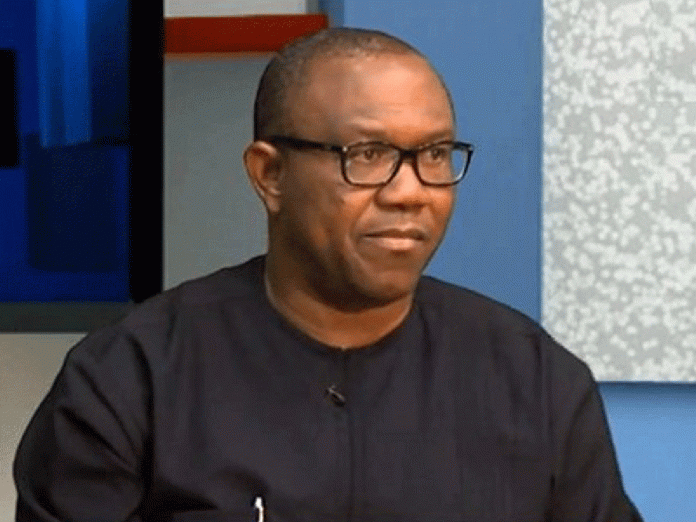The court of appeal has refused to restrain the Independent National Electoral Commission (INEC) from reconfiguring the bimodal voter accreditation system (BVAS) ahead of the governorship and state assembly elections.
In the ruling delivered on Wednesday, a three-member panel of the court of appeal led by Joseph Ikyegh, held that restraining the electoral commission would constrain INEC from conducting the March 11 elections.
In an application, Peter Obi, presidential candidate of the Labour Party (LP), had sought an order of the court “restraining the 1st respondent (INEC) from tampering with the information embedded in the BVAS machines until the due inspection is conducted and certified true copies (CTC) of them issued”.
Obi and Atiku Abubakar of the PDP, on Friday, secured leave of the court to have access to all the sensitive materials used by the INEC in the conduct of the election held on February 25.
However, INEC filed an application to vary the orders of the court.
Tanimu Inuwa, counsel to the INEC, spoke on Tuesday while moving an application seeking to vary the orders of the court which gave permission to Obi and Atiku Abubakar of the Peoples Democratic Party (PDP), to inspect all the sensitive materials used in the conduct of the presidential election held on February 25.
“Each polling unit has its own particular BVAS machine which we need to configure for the forthcoming elections,” he said.
“It will be very difficult for us, within the period, to reconfigure the 176, 000 BVAS for the election.
We have already stated in our affidavit that no information in the BVAS will be lost as we will transfer all the data in the BVAS to our backend server. Our backend server preserves the data.
So, granting this application will be a clog in the process and disrupt the conduct of the elections.”
Ruling on Obi and LP’s application, the court which also doubles as the presidential election petitions tribunal, said granting the sixth relief in the application would amount to “tying the hands of the respondent (INEC)”.
INEC’S APPLICATION FOR VARIATION REFUSED.
The court in its ruling also refused to grant INEC’s request to vary the orders of the court granted on March 3.
The court held that the commission failed to specify which of the orders it wished to vary.
The court also emphasised that it never granted Obi and LP permission to access the database of INEC as misconceived by the electoral body.
It clarified that what was granted was an order giving Obi and LP permission to do electronic scanning and/or make photocopies of voter registration, and ballot papers used in the conduct of the election.
They were also granted permission to carry out a digital forensic inspection of BVAS machines used for the conduct of the February 25 election for the office of president.






